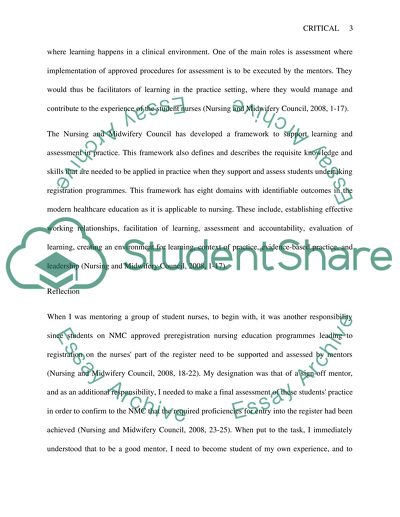Cite this document
(The Influence of Mentor in Nursing Education Term Paper, n.d.)
The Influence of Mentor in Nursing Education Term Paper. Retrieved from https://studentshare.org/nursing/1551411-write-a-critical-reflction-and-evaluation-of-your-performance-as-a-mentor-in-workplace-learning-and-assessing
The Influence of Mentor in Nursing Education Term Paper. Retrieved from https://studentshare.org/nursing/1551411-write-a-critical-reflction-and-evaluation-of-your-performance-as-a-mentor-in-workplace-learning-and-assessing
(The Influence of Mentor in Nursing Education Term Paper)
The Influence of Mentor in Nursing Education Term Paper. https://studentshare.org/nursing/1551411-write-a-critical-reflction-and-evaluation-of-your-performance-as-a-mentor-in-workplace-learning-and-assessing.
The Influence of Mentor in Nursing Education Term Paper. https://studentshare.org/nursing/1551411-write-a-critical-reflction-and-evaluation-of-your-performance-as-a-mentor-in-workplace-learning-and-assessing.
“The Influence of Mentor in Nursing Education Term Paper”, n.d. https://studentshare.org/nursing/1551411-write-a-critical-reflction-and-evaluation-of-your-performance-as-a-mentor-in-workplace-learning-and-assessing.


